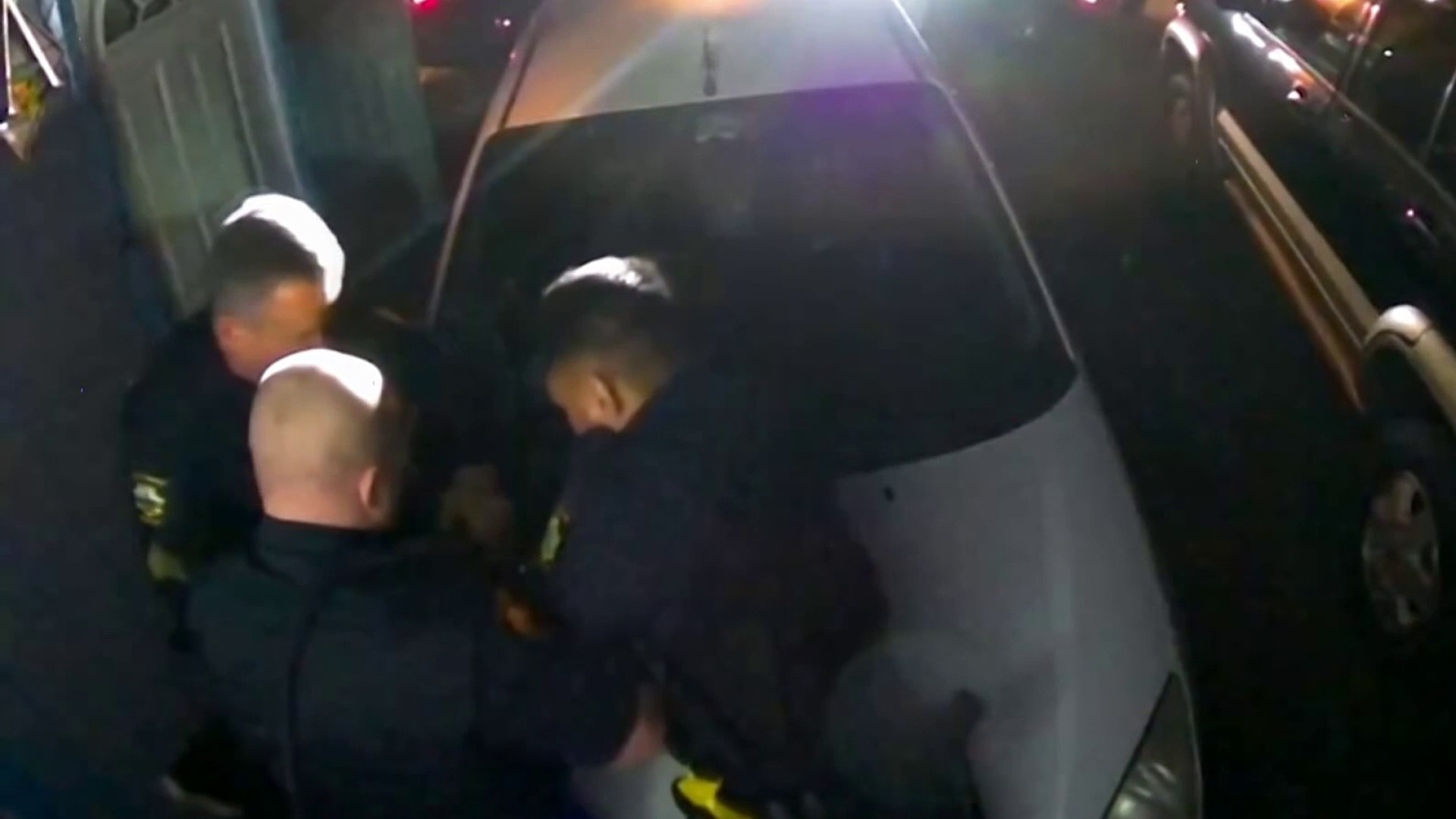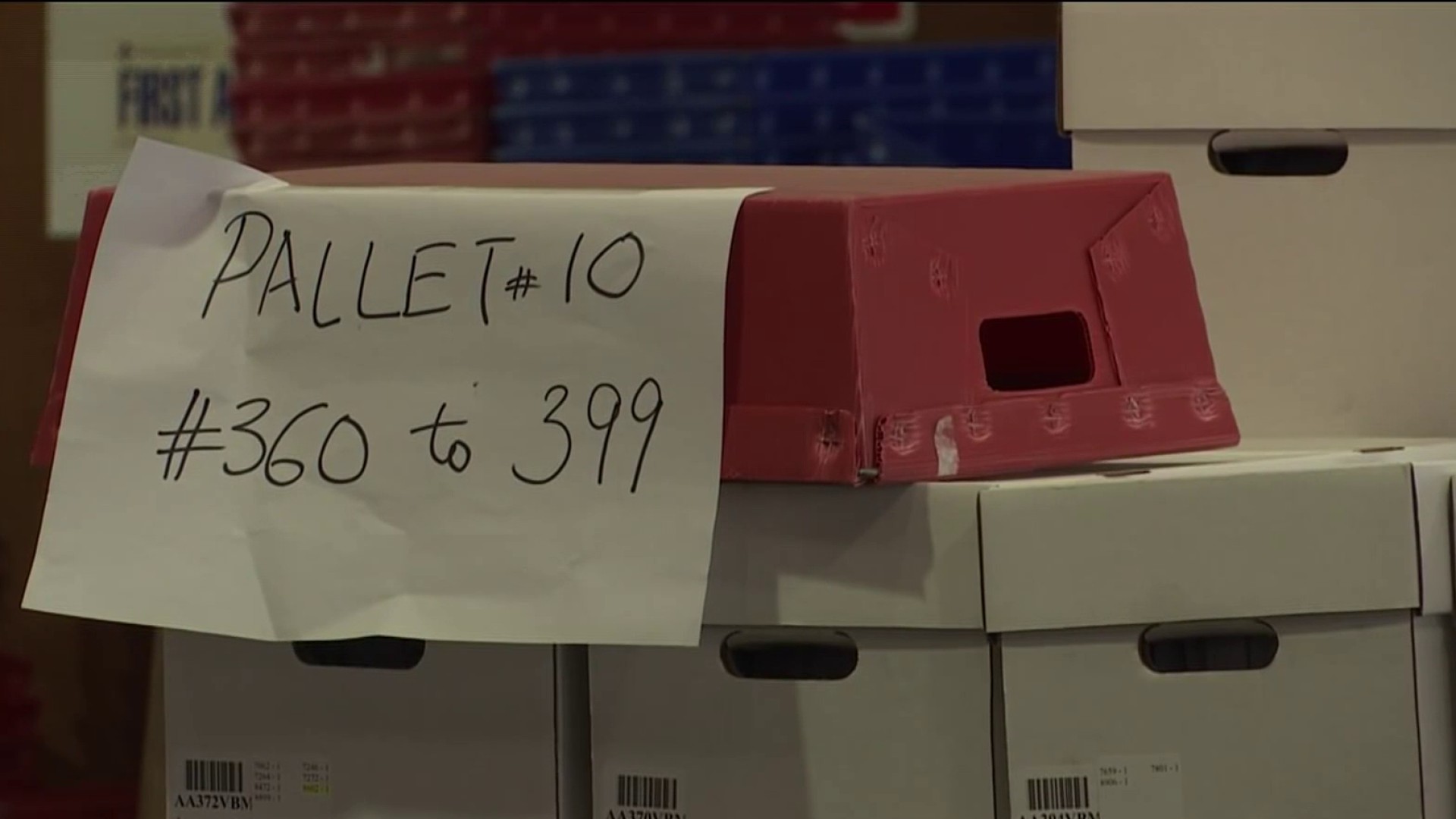The federal court judge overseeing PG&E’s probation in the San Bruno gas explosion case harshly rebuked the utility Wednesday as he proposed ordering widespread inspections and making the utility shut down any part of its system it can’t vouch will safely withstand high winds during fire season.
Judge William Alsup’s extraordinary action comes after federal probation officials determined the utility violated the terms of its federal probation in the San Bruno case. Specifically, probation officials said in a filing Wednesday that the utility failed to alert the federally appointed monitor in the San Bruno case about a $1.5 million deal with Butte County prosecutors to avoid prosecution in the Honey fire, one of the many wildfires in October 2017.
Alsup now wants the company to explain why he shouldn’t impose a litany of new restrictions on its probation in advance of the 2019 fire season, including massive inspections.
The utility, in a statement, said it is reviewing the ruling: “PG&E’s most important responsibility is the safety of our customers and the communities we serve. We are aware of Judge Alsup’s orders and are currently reviewing. We are committed to complying with all rules and regulations that apply to our work, while working together with our state and community partners and across all sectors and disciplines to develop comprehensive, long-term safety solutions for the future.”
In his ruling, Judge Alsup noted that twelve of the recent spate of 18 fires have been referred to the attorney general’s office for possible prosecution. And he repeatedly cited the company’s ”history of falsification of inspection reports,” an apparent reference to allegations by state regulators related to tens of thousands of allegedly false reports the company filed related to its program to mark and locate underground gas lines. PG&E stands convicted of obstructing the federal investigation into the 2010 San Bruno gas explosion.
“In order to protect the public from further wrongs by the offender, to deter similar wrongs by other utilities, and to promote the rehabilitation of the offender,” Alsup said he was proposing the new probation restrictions.
Local
He cited the falsification of reports in ordering a system-wide inspection to look for conditions that can trigger new fires, like the broken hook on a transmission tower PG&E has cited as a factor in the November 2018 Camp fire in Butte County that claimed 86 lives.
He ordered the company to go beyond minimum vegetation clearance standards to “extend farther to any tree or branch posing the dangers’’ of fire and asked that qualified engineers rate its entire system on its ability to withstand high winds. He said given its troubled track record, the company cannot rely on earlier inspection results in lieu of new inspections.
“If a power line happens to comply with all of the requirements of state law but nevertheless poses a safety issue under the circumstances, then the line may not be rated as safe until the safety issue is resolved,” the judge says in his ruling.
His strongest wording was in ordering the utility to shut off any part of its system it cannot vouch can withstand high winds. “PG&E must de-energize any part of its grid not yet rated as safe by PG&E for the wind conditions then prevailing until those conditions have subsided.”
Judge Alsup said if winds of 30 mph are expected but the company has not rated the lines involved as safe, the company must shut off those lines and notify customers of its plan.
“In determining safety, PG&E may not take into account the need for reliability of service, the inconvenience to customers resulting from interruption in service, or its impact upon PG&E’s revenues and profits.
“Reliability is important but safety must come first. Profits are important but safety must come first. Only safe operation will be allowed.”
The goal, he said, is to “reduce to zero the number of wildfires” in the coming season. “This will likely mean having to interrupt service during high-wind events (and possibly at other times) but that inconvenience, irritating as it will be, will pale by comparison to the death and destruction that otherwise might result from PG&E-inflicted wildfires.”



